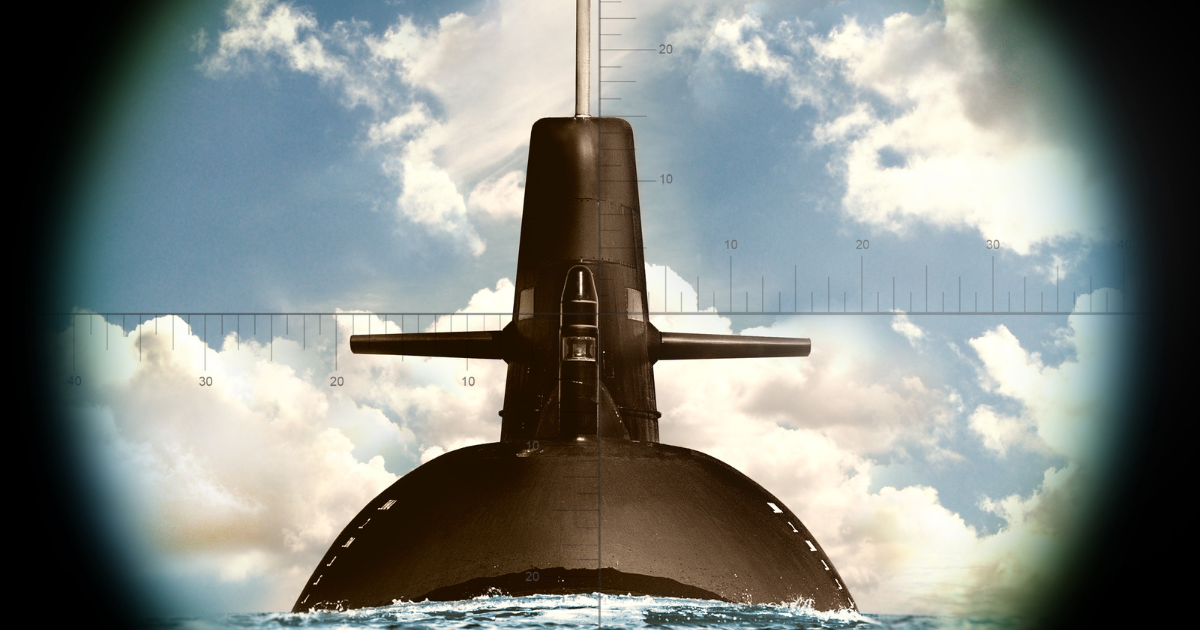Exploring the Complexities and Implications of Nuclear Weapons in International Politics
Nuclear weapons have emerged as the most formidable and destructive weapons known to humanity. With the potential to claim millions of lives and wreak havoc on the environment, these weapons have become both a symbol of power and a cause for concern in global politics. Since the fateful bombings of Hiroshima and Nagasaki in 1945, nuclear weapons have transformed the dynamics of international relations, shaping power struggles and influencing diplomatic negotiations. In this article, we delve into the politics of nuclear weapons, examining their role in power dynamics, the challenges of control, and the dire consequences associated with their use.
1. The Emergence of Nuclear Weapons and their Political Significance
The deployment of the first atomic bombs during World War II marked a turning point in human history. The devastation caused by these weapons resulted in the surrender of Japan and unveiled the tremendous power held within the atomic nucleus. This ushered in an era where possession of nuclear weapons became synonymous with military might and political influence.
2. Nuclear Weapons and Power Dynamics
The possession of nuclear weapons grants a nation significant leverage on the global stage. They act as a deterrent, dissuading potential adversaries from launching an attack due to the fear of massive retaliation. For instance, the United States has utilized its nuclear arsenal as a means to discourage Russian aggression in Western Europe. Nuclear weapons can also be employed as tools of coercion, pressuring other nations to align with a nuclear-armed state's interests. This dynamic was evident in the efforts to halt North Korea's nuclear weapons program through diplomatic negotiations.
3. The Challenge of Nuclear Weapons Control
Control over nuclear weapons is a paramount concern in international politics. To mitigate risks, numerous treaties and agreements have been established to curb proliferation and prevent their use. However, the effectiveness of these measures is not without flaws. The possibility of rogue actors acquiring nuclear weapons or the occurrence of accidental launches pose ongoing challenges. Stricter non-proliferation efforts and enhanced nuclear safeguards remain critical to maintaining global stability.
4. Consequences of Nuclear War
The consequences of a nuclear war are unimaginably catastrophic. The detonation of nuclear weapons would result in the immediate loss of millions of lives and irreversible damage to the environment. Beyond the initial devastation, a nuclear conflict could trigger a global nuclear winter, severely disrupting agricultural production and leading to widespread famine. The economic repercussions would be staggering, affecting trade, infrastructure, and the stability of financial systems. Moreover, the fallout from nuclear war would strain international relations, sowing seeds of mistrust and potentially sparking further conflicts.
Conclusion:
The politics surrounding nuclear weapons are intricate and ever-evolving. While nuclear weapons bestow considerable power upon their possessors, the responsibility to prevent their use lies in the hands of the international community. Collaboration, dialogue, and robust non-proliferation efforts are vital to maintaining global peace and security. As the world grapples with the complex challenges posed by nuclear weapons, a united front is crucial to ensure that these devastating weapons are never unleashed again. By prioritizing disarmament, strengthening control mechanisms, and fostering diplomatic engagement, we can strive towards a safer and more peaceful future for all.
